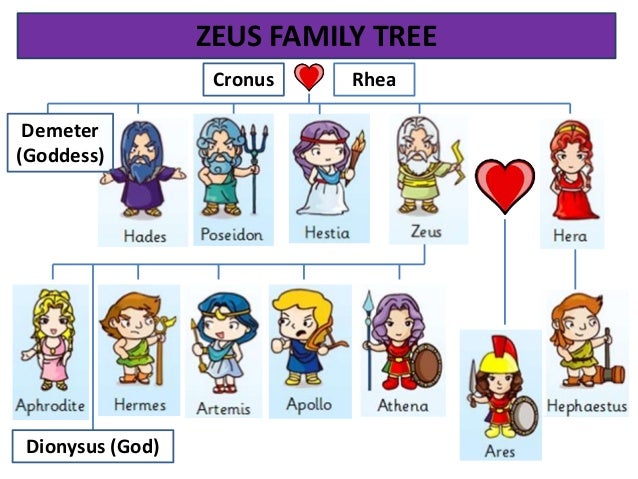
Hades Roman Name
Hades, as the God of the Underworld, has two equivalents in the Roman pantheon, for both Orcus and Dis Pater were Roman gods of the Underworld. Pluton was a name given to Hades by those not wishing to say the name Hades out-loud, and referred to Hades’ role as Giver of Wealth for precious metals came from his domain; there was though also a. Hades depicted as the Egyptian god Serapis with Cerberus and Persephone depicted as the goddess Isis in the Museum in Heraklion, Crete The name of the Underworld is sometimes referred to as Erebus (Ἔρεβος), which means “darkness” in Greek, but it is more frequently called the House of Hades.
Hades: Greek God of the UnderworldHades was the Greek god of the underworld. Sometimes the underworld was also called Hades, which can be confusing. Hades's Roman name was Pluto. He was called the rich one because he owned all the minerals in the Earth. His other names included: Clymenus, which means notorious, and Polydegmon, which means 'one who receives many'. He was persistent, though impulsive, and considered to be deceptive. He was one of the three great sons of who were given dominion over everything.
Death in Ancient GreeceIn ancient Greece it was believed that when a person died he was taken by to Charon, who ferried the dead across the river Styx to the entrance to the underworld. To succeed in this it was thought that the body had to be buried and in possession of money to pay for the crossing.
Those who could not pay the fare become restless, wandering, hopeless spirits. (Though it is very frightening meeting a ghost, the Greeks believed it is even more frightening and confusing to be one.) The entrance to the underworld was guarded by Cerberus, a three-headed dog. He let dead people in, but not out. Also, he prevented anyone living to enter the underworld.There was a worse placed reserved for the truly evil.
These people were taken to Tartarus, where they were forever tortured. Those entering the underworld were given a choice.
They could go straight to the Asphodel fields, which is like a stretch of wheat fields going on forever, with one difference. There is no happiness.
The other choice is to be judged. The judges are Aeacus, Minos, and Rhadamanthys.
Those judged worthy were sent to Elysium, to find eternal happiness or reincarnated. Those reincarnated were brought to the waters of Lethe, or oblivion, to make them forget their past.
After these people or souls were taken back to Earth to be reborn. Hades and Persephone: The Myth of WinterPersephone was promised in marriage to Hades by, but Zeus 'forgot' to tell Peresphone. He also 'forgot' to tell, who was Persephone's mother and the goddess of agriculture. When Hades came to take Persephone down to the underworld, Persephone was shocked and afraid!
Hades took her to his palace in spite of her protests. Demeter was worried for her daughter. Because she was goddess of agriculture, all of the plants drooped. The rain turned to snow. It became winter because of her grief.

Meanwhile, refusing to eat. She knew if she ate anything it would bind her to the underworld forever. Demeter complained to Zeus. Zeus immediately knew what had happened, but he was loathe to tell Demeter. Demeter saw by the expression on his face and his demeanor that he was guilty somehow. She pressed him until the whole story came out.
She then went to the underworld and claimed Persephone. Hades smugly gave her up without a fight. He knew she had eaten four pomegranate seeds because she was dying of hunger. When Demeter learned this she was very sad because this meant Persephone would have to go to Hades one quarter of every year. Persephone eventually fell in love with Hades, but Demeter was never reconciled to the fact, which is why we have winter. Planet PlutoThe planet Pluto was named for Hades.
It was suggested because the planet was cold, icy, and far away from the sun. Also, it was in keeping with the other planet names.
Its one moon is called Charon, after the person who ferries the dead across the river Styx.Hades was not worshipped often in ancient Greece because it was commonly believed that he never went back on a decision. Thus, if someone was fated to die, there was no chance of changing the outcome. It seemed to the logical Greeks that there was little sense in praying to a god who could not be influenced. Written by Kate Rayment.
